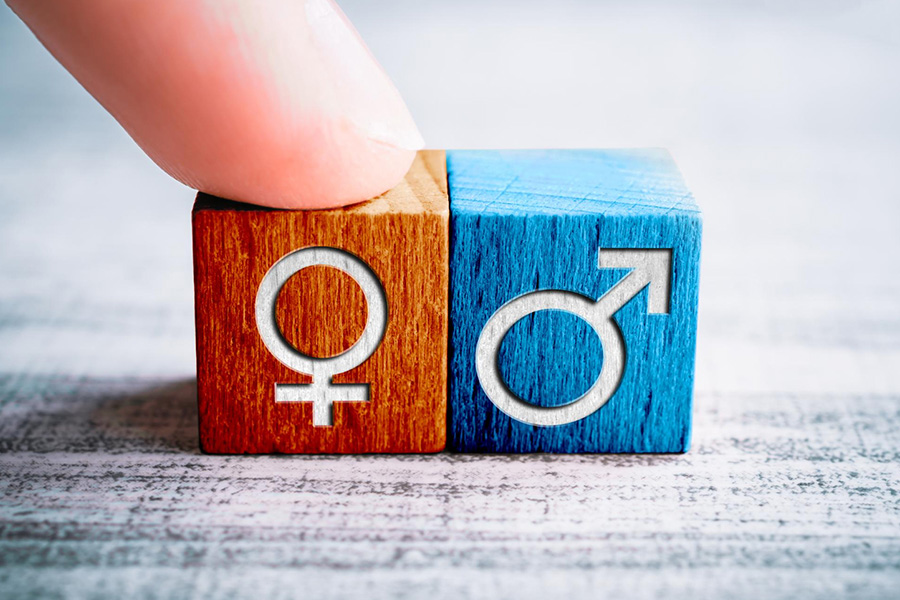
India’s rape laws need revision to include gender inclusivity, addressing shortcomings and ensuring justice for all victims.
Author
Nikunj Kulshreshtha, Assistant Professor, Jindal Global Law School, O.P. Jindal Global University, India; Department of Gender Studies, London School of Economics and Political Science, United Kingdom
Summary
The article critically analyses the arguments against gender inclusivity in rape law in India using doctrinal, theoretical, and normative methodologies and briefly engages with comparative literature from other jurisdictions. The article begins by critically assessing the strength of major arguments against gender inclusivity in rape laws in India; namely, insufficient number of non-female victims of rape, dilution of importance given to female rape victims, fear of counter allegations and the adequacy of existing provisions of the Bharatiya Nyaya Sanhita, 2023 and the Transgender Protection of Persons Act, 2019 to deal with issues of sexual violence towards non-female victims. Then the article analyses the legislative proceedings and judicial precedents concerning gender neutrality in rape law since 2000. Finally, the article concludes by recommending a revision in the existing rape and sexual offences law in India.
Published in: Onati Socio-Legal Series
To read the full article, please click here.

